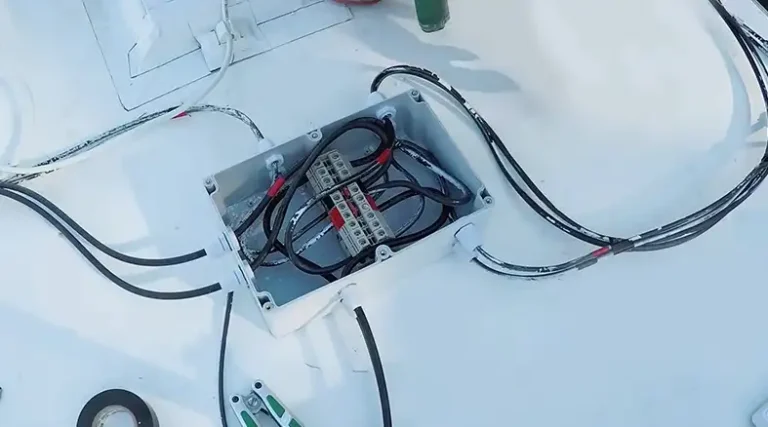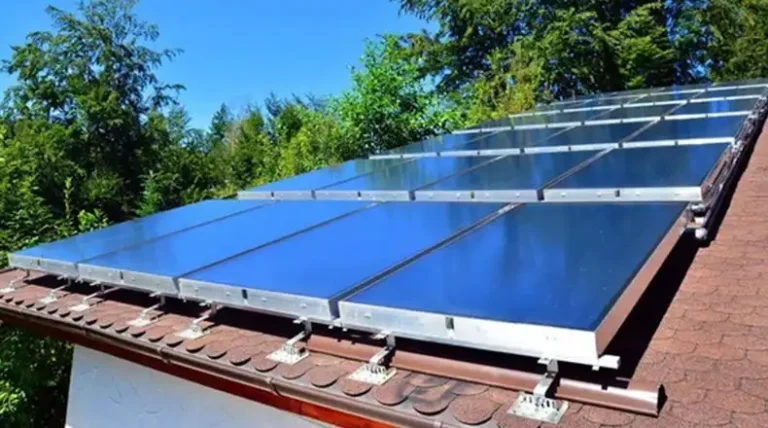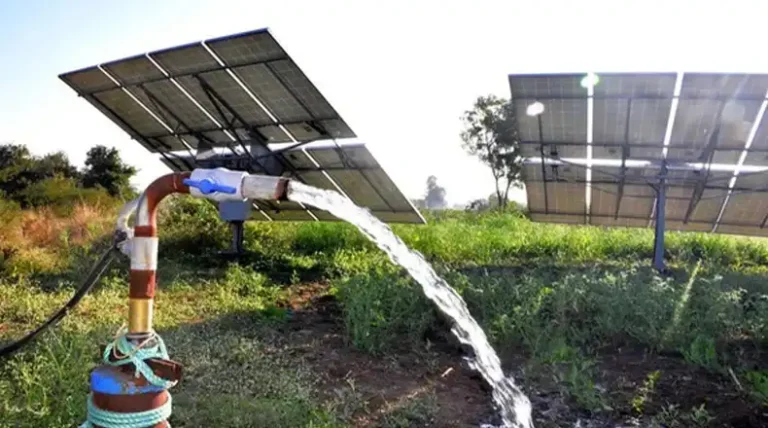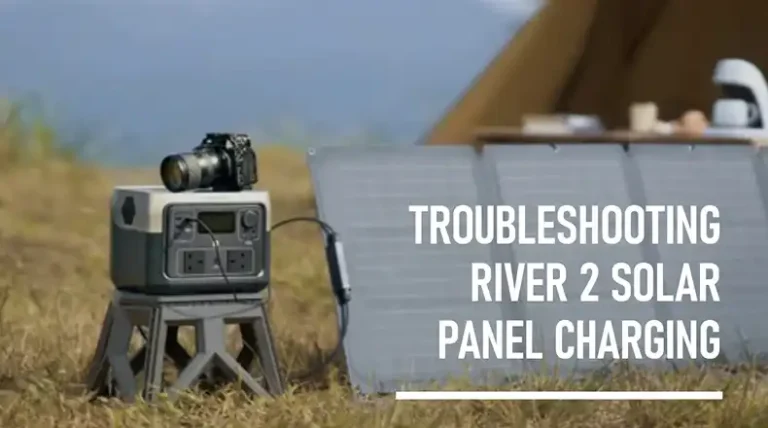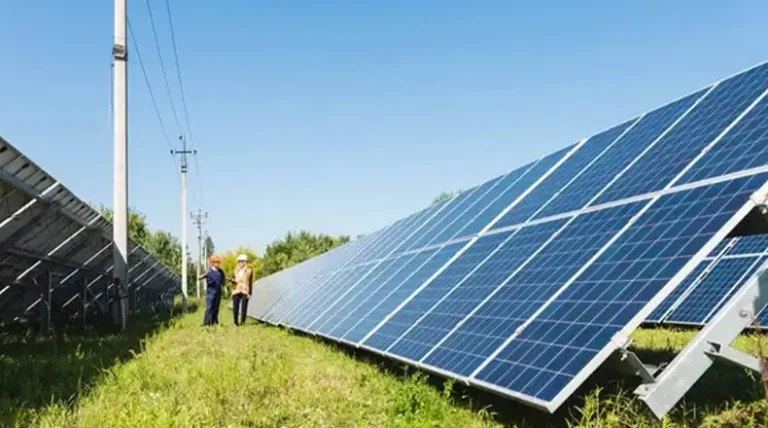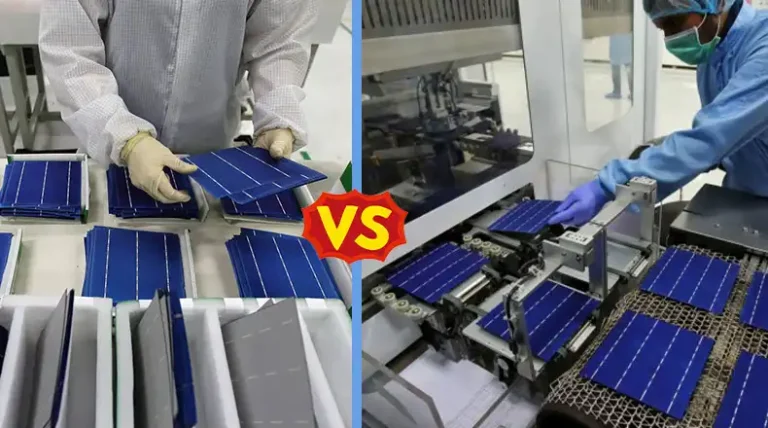How Much Are Solar Panels For A Shed?

Are you considering powering your shed with solar energy but unsure about the costs involved?
Solar panels for sheds have become an increasingly popular option for those looking to harness clean, renewable energy for their outbuildings.
Whether you need electricity for lighting, tool charging, or even running small appliances, a solar power system can provide a sustainable solution.
The cost of solar panels for a shed can vary widely, typically ranging from $300 for a basic DIY kit to over $3,000 for a more comprehensive system.
Factors such as energy needs, panel type, and installation method all play a role in determining the final price.
In this article, we’ll break down the costs associated with solar panels for sheds, explore different system options, and help you understand what to consider when making this eco-friendly investment.
Solar Panels For Sheds: General Cost Ranges
The cost of solar panels for a shed can vary significantly depending on several factors. To give you rough idea:
DC system (basic): $100-$200 for a small system with 1-2 panels.
AC system (medium-sized): $3,000-$5,500 for a 400–800-watt system.
Larger AC systems: $6,500-$15,000 for more powerful systems with additional features.
Assessing Your Shed’s Energy Needs
Before diving into the world of solar panels for your shed, it’s crucial to understand exactly how much power you’ll need. This assessment will help you determine the right size and type of solar system for your specific requirements.

1. Calculating Power Requirements
To accurately calculate your shed’s power needs, start by listing all the devices and appliances you plan to use. Consider both their wattage and the duration of use. For example:
- Light bulbs: 20W each, used for 5 hours daily
- Power tool chargers: 600Wh daily charge
- Small appliances: Varies based on type and usage
Add up the total watt-hours (Wh) needed per day to get a clear picture of your energy consumption.
2. Factors To Consider
When assessing your energy needs, keep in mind:
- Frequency of shed use: Do you spend hours in your shed daily, or is it used occasionally?
- Seasonal variations: Will your energy needs change throughout the year?
- Future expansion: Consider potential increases in power requirements down the line
Understanding these factors will help you choose a solar system that meets your current needs while allowing for potential growth.
Types of Solar Panel Systems for Sheds
There are primarily two types of solar panel systems suitable for sheds: DIY solar kits and rooftop solar installations. Let’s explore each option to help you decide which is best for your situation.

1. DIY Solar Kits
DIY solar kits are an excellent option for those with basic electrical knowledge and a desire to keep costs down. These kits typically include:
- Solar panels (usually 100W to 400W)
- Charge controller
- Inverter
- Batteries (for off-grid systems)
- Mounting hardware and cables
DIY kits are ideal for smaller sheds with modest power requirements. They’re relatively easy to install and can be expanded as needed.
2. Rooftop Solar Installations
For larger sheds or those with higher power demands, a rooftop solar installation might be more appropriate. These systems are similar to residential solar setups and often require professional installation. They offer:
- Higher power output (500W to 2000W or more)
- More efficient use of space
- Potential for grid connection
While more expensive upfront, rooftop installations can provide significant long-term savings and may be necessary for powering larger tools or appliances.
Solar Panel Selection
Choosing the right solar panels for your shed involves considering various factors, including panel type, efficiency, and brand reputation.

1. Types of Solar Panels
There are three main types of solar panels available:
- Monocrystalline: These panels are the most efficient and space-effective but also the most expensive. They’re ideal for sheds with limited roof space.
- Polycrystalline: Slightly less efficient than monocrystalline panels, polycrystalline options offer a good balance between cost and performance.
- Thin-film: The least efficient but most flexible option, thin-film panels are suitable for sheds with unconventional roof shapes or weight restrictions.
2. Efficiency Considerations
Panel efficiency refers to how much of the sun’s energy the panel can convert into electricity. Higher efficiency means more power generation in a smaller space, but it often comes with a higher price tag. For most sheds, panels with 15-20% efficiency should suffice.
3. Popular Brands and Models
Some reputable solar panel brands for shed applications include:
- SunPower
- Renogy
- WindyNation
- Goal Zero
Research different models within these brands to find the best fit for your needs and budget.
Installation Options
When it comes to installing solar panels on your shed, you have two main options: DIY installation or professional installation. Each has its pros and cons, so let’s explore both to help you make an informed decision.

DIY Installation
For those with some electrical knowledge and a willingness to learn, DIY installation can be a cost-effective option. Here are some key points to consider:
Pros:
- Lower overall cost
- Sense of accomplishment
- Flexibility in system design
Cons:
- Time-consuming
- Potential for errors
- May void warranties if not done correctly
If you choose the DIY route, be sure to thoroughly research proper installation techniques and safety precautions. Many solar kit manufacturers provide detailed instructions and customer support to help guide you through the process.
Professional Installation
Opting for professional installation ensures that your solar system is set up correctly and efficiently. Consider the following:
Pros:
- Expertise and experience
- Faster installation
- Often includes warranties and ongoing support
Cons:
- Higher upfront cost
- Less control over the process
Professional installation is recommended for larger systems, complex roof structures, or if you’re not comfortable with electrical work. Many solar companies offer installation services, so be sure to get quotes from multiple providers.
Components of a Solar Power System for Sheds
A complete solar power system for your shed consists of several key components working together to harness, store, and distribute electricity. Understanding these components will help you make informed decisions about your system.
Solar Panels
Solar panels are the heart of your system, converting sunlight into electricity. The number and size of panels you need will depend on your energy requirements and available space.
Inverters
Inverters convert the DC electricity produced by solar panels into AC electricity that can power your tools and appliances. There are two main types:
- String inverters: Suitable for simple systems with consistent sunlight exposure
- Microinverters: Ideal for systems with partial shading or multiple panel orientations
Batteries
For off-grid systems or to provide power when the sun isn’t shining, you’ll need batteries to store excess energy. Popular options include:
- Lead-acid batteries: More affordable but shorter lifespan
- Lithium-ion batteries: More expensive but longer-lasting and more efficient
Charge Controllers
Charge controllers regulate the flow of electricity from the panels to the batteries, preventing overcharging and extending battery life. Choose between:
- PWM (Pulse Width Modulation) controllers: More affordable but less efficient
- MPPT (Maximum Power Point Tracking) controllers: More expensive but up to 30% more efficient
Cost Breakdown
Understanding the costs associated with solar panels for sheds can help you budget effectively and make informed decisions. Let’s break down the expenses into three main categories.
Solar Panel Costs
The cost of solar panels themselves can vary widely depending on type, efficiency, and brand. On average, you can expect to pay:
- $100 to $300 for a 100W panel
- $200 to $500 for a 200W panel
- $400 to $800 for a 400W panel
Remember, these are just the panel costs. A complete system will require additional components.
Additional Component Costs
Other essential components of your solar system will add to the overall cost:
- Inverters: $100 to $1,000 depending on size and type
- Batteries: $100 to $1,000+ per battery, depending on capacity and technology
- Charge controllers: $20 to $200
Installation Costs
If you opt for professional installation, labor costs can significantly impact your total investment:
- DIY installation: $0 (but factor in your time and potential tool purchases)
- Professional installation: $500 to $1,500 or more, depending on system complexity and location
Factors Affecting Cost
Several factors can influence the overall cost of your shed’s solar panel system. Understanding these can help you make cost-effective choices without compromising on quality or performance.
System Size
The size of your solar system is perhaps the most significant factor affecting cost. Larger systems with higher power output will naturally cost more but may provide better long-term value if you have high energy needs.
Panel Type and Quality
As discussed earlier, different types of panels come with varying price tags:
- Monocrystalline panels are the most expensive
- Polycrystalline panels offer a mid-range option
- Thin-film panels are generally the least expensive
Higher quality panels from reputable manufacturers may cost more upfront but often offer better efficiency and longevity.
Installation Method
Your choice between DIY and professional installation can significantly impact the overall cost. While DIY installation can save money, it’s important to weigh this against the potential risks and time investment.
Benefits of Solar Panels for Sheds
Investing in solar panels for your shed offers numerous advantages beyond just powering your tools and lights. Let’s explore some of the key benefits that make this green technology an attractive option.
Energy Independence
By generating your own electricity, you gain independence from the grid. This is particularly beneficial for sheds located far from existing power lines or in areas prone to outages.
Cost Savings
While the initial investment may seem substantial, solar panels can lead to significant long-term savings on energy bills. Once installed, they provide free electricity for years to come, with minimal ongoing costs.
Environmental Impact
Solar energy is clean and renewable, helping reduce your carbon footprint. By choosing solar power for your shed, you’re contributing to a more sustainable future and potentially inspiring others in your community to do the same.
Considerations and Limitations
Before making your final decision, it’s important to be aware of potential challenges and limitations associated with solar panels for sheds.
Roof Space and Orientation
The available roof space on your shed and its orientation towards the sun can impact the efficiency of your solar system. Ideally, panels should face south in the Northern Hemisphere and have unobstructed exposure to sunlight.
Local Regulations and Permits
Depending on your location, you may need to obtain permits or adhere to specific regulations when installing solar panels. Check with your local authorities to ensure compliance.
Maintenance Requirements
While solar panels generally require minimal maintenance, you’ll need to keep them clean and occasionally check the system components. Factor in these ongoing responsibilities when planning your solar project.
Final Words
Solar panels for sheds offer a sustainable and cost-effective solution for powering your outdoor workspace or storage area.
By carefully assessing your energy needs, choosing the right system components, and considering factors like installation method and local regulations, you can create a solar setup that meets your requirements and budget.
While the initial cost may range from a few hundred to several thousand dollars, the long-term benefits of energy independence, cost savings, and reduced environmental impact make solar panels an attractive investment for many shed owners.

